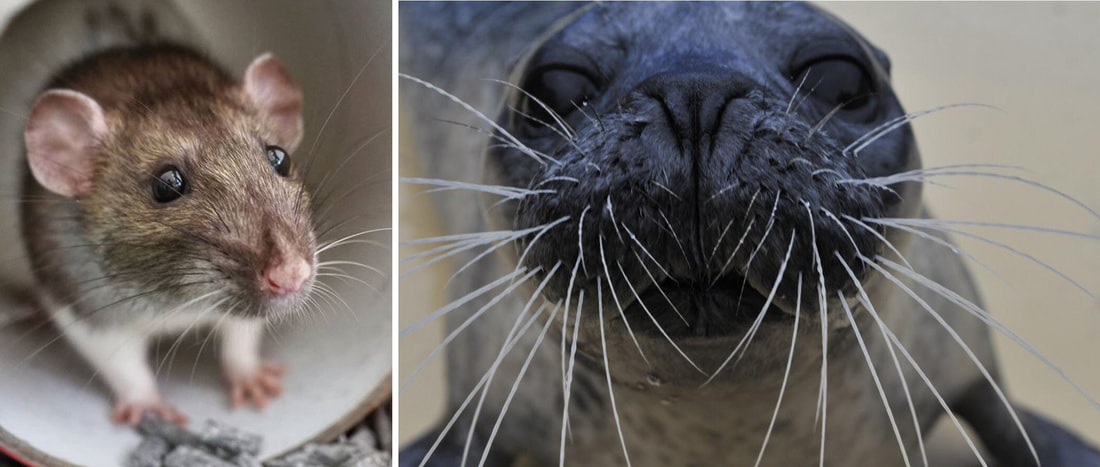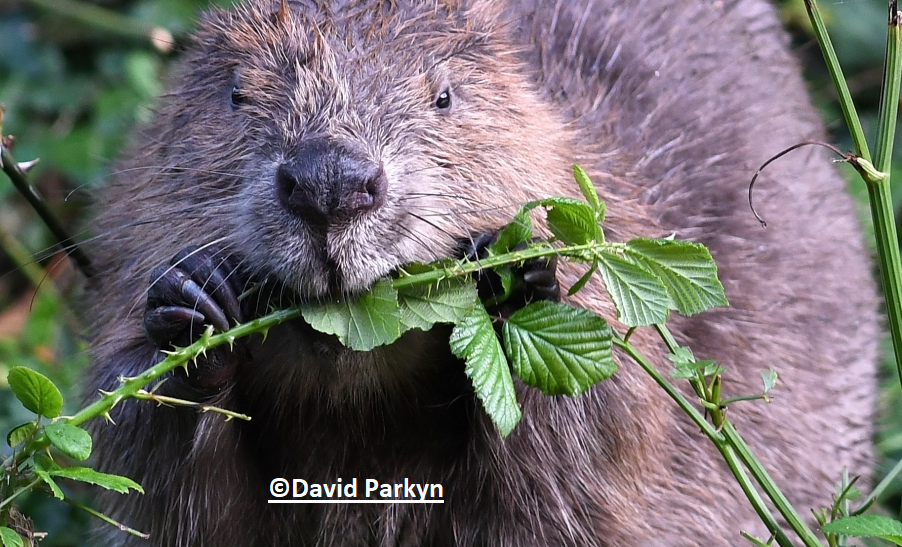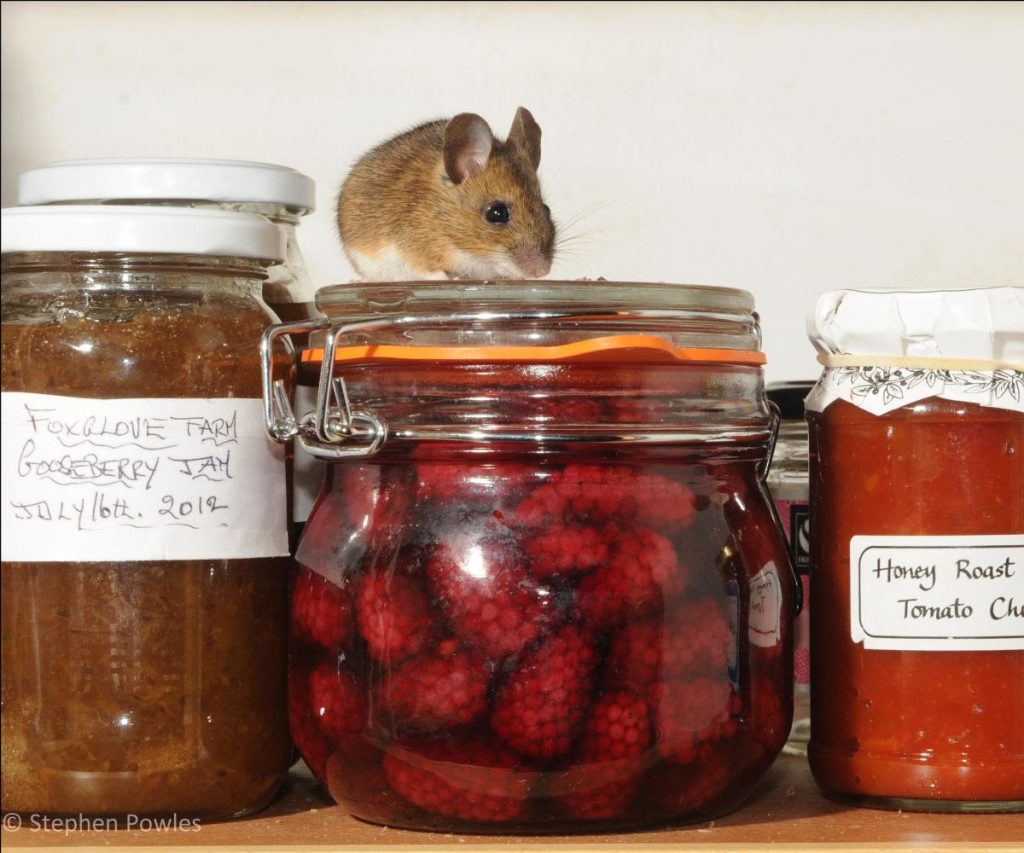|
We'll update this section soon with our upcoming events. We're working on bringing you an exciting variety of topics over the next few months! All members will get details of events sent to them as soon as they're confirmed.
Our next talk will be on the 26th April. Elinor Parry from Devon Biodiversity Records Centre will be talking to us about the Devon Bat Survey. More details soon.
0 Comments
One of the most striking features on the faces of many mammals
are the presence of their long whiskers, or vibrissae. Primarily, these are used for touch sensing, and can be employed to guide behaviours such as foraging, navigation, and social interactions. Most mammals have whiskers at some stage of their life, and these have a common muscle architecture. While similarities in whisker position and muscle architecture suggest a common mammalian ancestor with whiskers, variations in morphology and anatomy reveal that whiskers are also adapted to function in many species. This presentation will describe similarities and differences in mammalian whisker morphology and behaviour. We find that whiskers are especially prominent in nocturnal, arboreal and aquatic mammals, that also tend to move their whiskers. Understanding more about differences in whisker form and function will provide important insights into mammalian sensory biology. Dr Robyn Grant is a Senior Lecturer in Comparative Physiology and Behaviour at Manchester Metropolitan University. She is a sensory biologist, studying the sense of touch in mammals and birds. She works closely with museums and zoos to better understand the functional significance of facial sensors. Wednesday 28th April 2021 at 7.30pm This event will be held online via Zoom Members - £2.50 Non members - £4.50 Please follow the link to Eventbrite to book your place https://www.eventbrite.co.uk/e/the-walruss-whiskers-the-mouses-moustache-why-do-animals-have-whiskers-tickets-149585096049 All profits we take will go towards the following: The running of our talks The Harvest Mouse Project Our Small Grants Scheme Maintaining equipment for members to borrow An overview of the work that the DGHB Project has undertaken over the last 6 years. This includes:
Tuesday 9th March 2021 at 8pm This event will be held online via Zoom Members £2.50 - Non Members £4 Please follow the link to Eventbrite to book your place https://www.eventbrite.co.uk/e/devon-greater-horseshoe-bat-project-achievements-and-new-discoveries-tickets-141591605303 All monies raised through tickets sales will go towards the following: The Harvest Mouse Project Our Small Grants Scheme Maintaining equipment for members to borrow Costs associated with providing talks Please let us know if you can no longer attend our event once you have booked a place as we have limited tickets available. This will allow us to offer your place to someone on the waiting list. Returning the Eurasian Beaver to Devon (and England) By Mark Elliot. Tuesday, 19th January at 8pm19/1/2021 In August 2020, the government made the momentous decision that the wild River Otter beavers would be permitted to remain in perpetuity and spread naturally into adjacent river catchments. This marked the first authorised reintroduction of a mammal back into the English landscape, and followed the successful conclusion of the 5-year River Otter Beaver Trial (ROBT), which was led by Devon Wildlife Trust, working closely with the University of Exeter, Clinton Devon Estates and Derek Gow consultancy.
This talk will outline the background to the Trial and the key findings that have enabled Defra to make this decision. It will include detail on the monitoring of the beavers, their health and welfare and their impacts on the environment of the River Otter. It will also discuss the management of conflicts that they bring, and these will be managed over the next decade, as well as their wider reintroduction into Britain and the upcoming Defra consultation. Tuesday, 19th January 2021 at 8pm This is an online event using Zoom Members: £2.50 - Non Members £4 To book please follow the link below to eventbrite: https://www.eventbrite.co.uk/e/returning-the-eurasian-beaver-to-devon-and-englan-tickets-133471997337?fbclid=IwAR10qNkB6rG685_nQM5RcQBqsC3ch2oMasuovjGWDi7RF8-MJ5s5znSvzdA As the culling of badgers to reduce the incidence of bovine TB in cattle began in 2013, a project to research the views surrounding culling was set up at the University of Exeter. It aimed to find out not only what people involved in the debate in and around the pilot cull areas in Gloucestershire and Somerset thought, but also to look for opportunities to unstick the arguments over this intractable issue.
Stephan, who was the researcher on that project and published a book about it, will describe the work he did, and reflect on its findings. Tuesday 1st December 2020 at 7:30pm This event will be held online via Zoom Free event Please follow the link to Eventbrite to book your place https://www.eventbrite.co.uk/e/badger-talk-by-stephan-price-tickets-129135173781 11th November 2020 at 8:00pm
Online Via Zoom This talk will include foxes, badgers and hedgehogs and other mammals. Dawn is Head of Life Sciences at Keele University and also sits on the Mammal Society Council. Her research interests are in small mammals, carnivores, landscape ecology, wildlife management and human-wildlife interactions. She is passionate about citizen science projects where people can get involved with science projects. She has appeared on several TV programs including the BBC ‘watch’ programmes with presenter Chris Packham focusing on research into urban mammals, showing how urban foxes coexist with humans. Wednesday, 11th November 2020 at 8pm This is a free event To book please follow the link below to eventbrite:https://www.eventbrite.co.uk/e/urban-mammals-tickets-124808572801 27th October. 7:45. Please follow the link to to book your place https://www.eventbrite.co.uk/e/barbastelle-bats-in-the-bovey-valley-tickets-123457038325 Five years ago, researchers from the University of Bristol began a radio tracking project to study a Barbastelle bat colony in the Bovey Valley on the east of Dartmoor. The Woodland Trust commissioned the work together with Natural England, and the researchers set out to firstly find the roost trees and then to track the bats to their foraging sites. The aim of this research was to provide the woodland managers with information that could improve the habitat management for the species which is an oak wood specialist. The project was also set up to engage with a team of local volunteers who took an active role in tracking bats through the hours of the day and night. The ‘Barbastelle Bats in the Bovey Valley’ talk is in three parts. Firstly Matt Parkins will look back at the initial stages of the project by revisiting a 2015 presentation, then he will describe how the knowledge gained from the research has led to an improvement of habitat management methods and the development of an additional modelling exercise that was designed to predict whether more undiscovered roosts may exist in the valley. The final part will be led by Tom Williams, where he will explain how he spent some time using recording equipment to discover whether that model would indeed find more locations where this scarce species roosts. Further details of how to book onto this event to follow!
A new research project in Fingle Woods is studying how an area of woodland is recovering after the enforced felling of diseased larch. In this online talk, Matt Parkins (a dormouse ecologist) and David Rickwood (Fingle’s Site Manager), will describe the ways in which habitat management work is supporting the endangered dormouse and how this research adds to our knowledge of this endearing mammal. Join them at the first online Fingle Lecture to learn more - the talk is free but booking is essential due to limited spaces. Book your ticket, which will contain details about how to join this virtual event. The DWT are also doing an online Beaver talk on 17th September, free but limited spaces! 4th August 19:30 Free AGM Followed by a talk by Stephen Powles "Living with Mammals" - A medley of mammal stories from in and around the home! To book please contact Charly Mead
Email: [email protected] or Mobile: 07795337409 |
AuthorDevon Mammal Group Archives
August 2024
Categories |
Site powered by Weebly. Managed by 34SP.com









 RSS Feed
RSS Feed